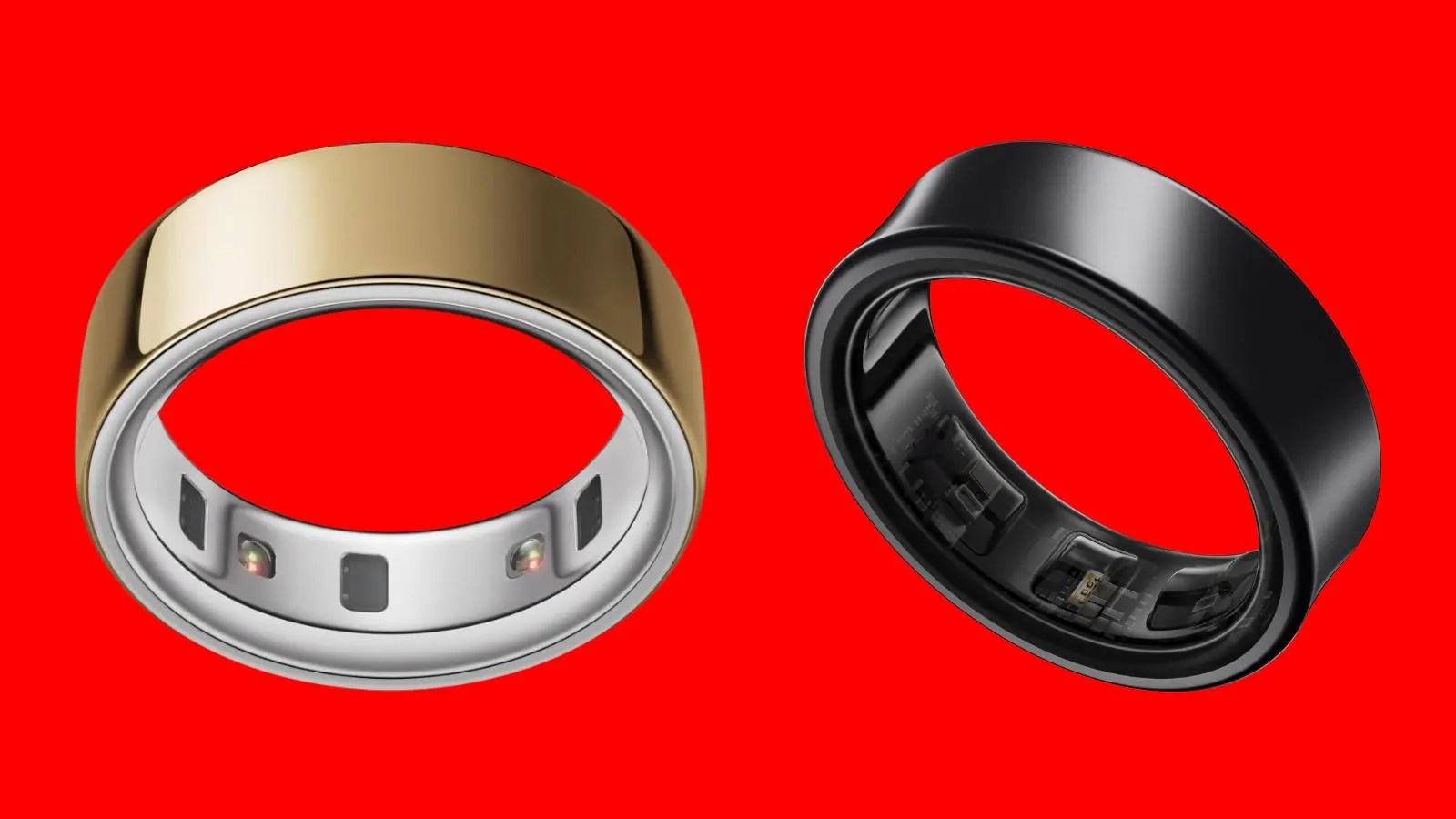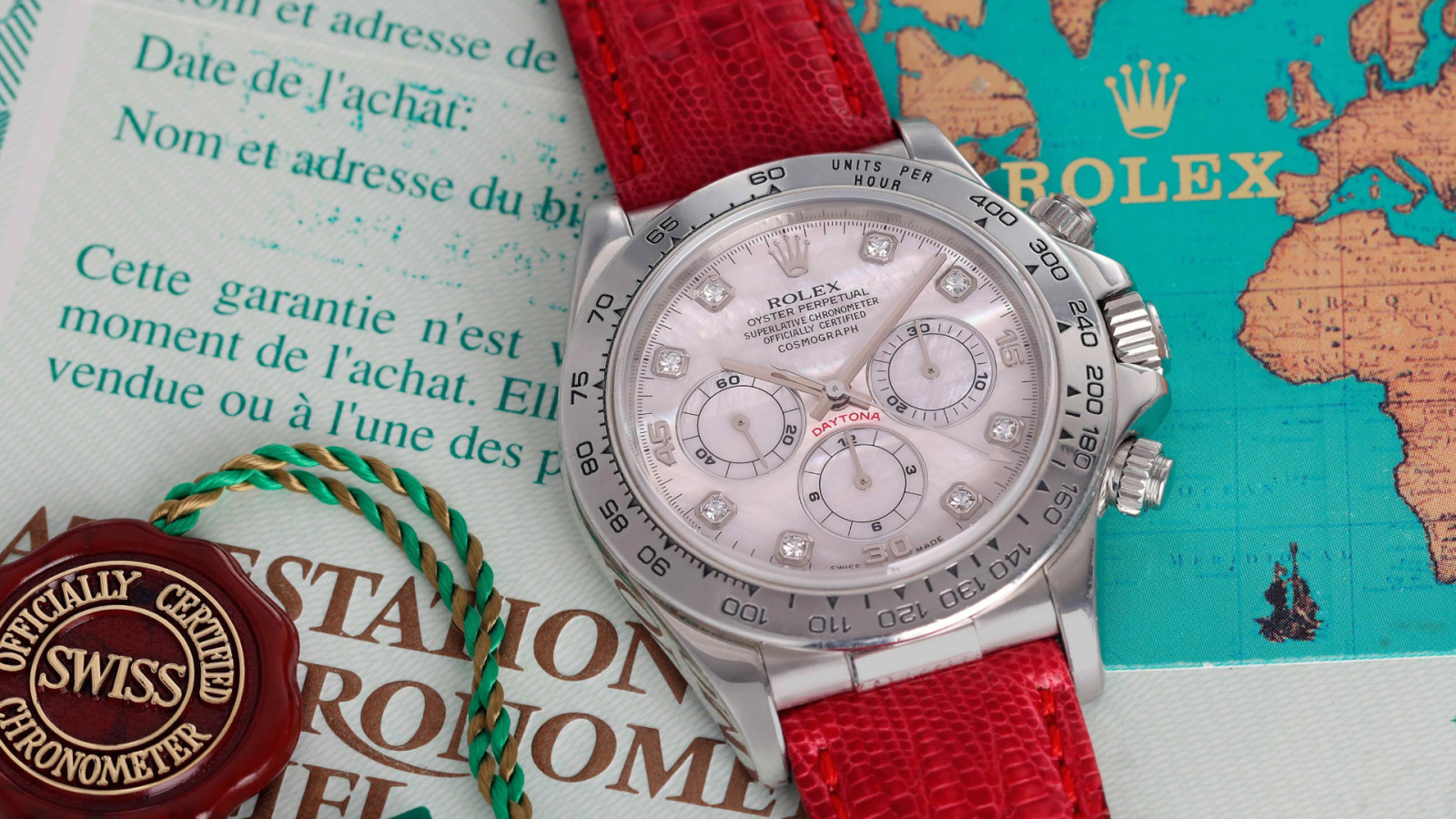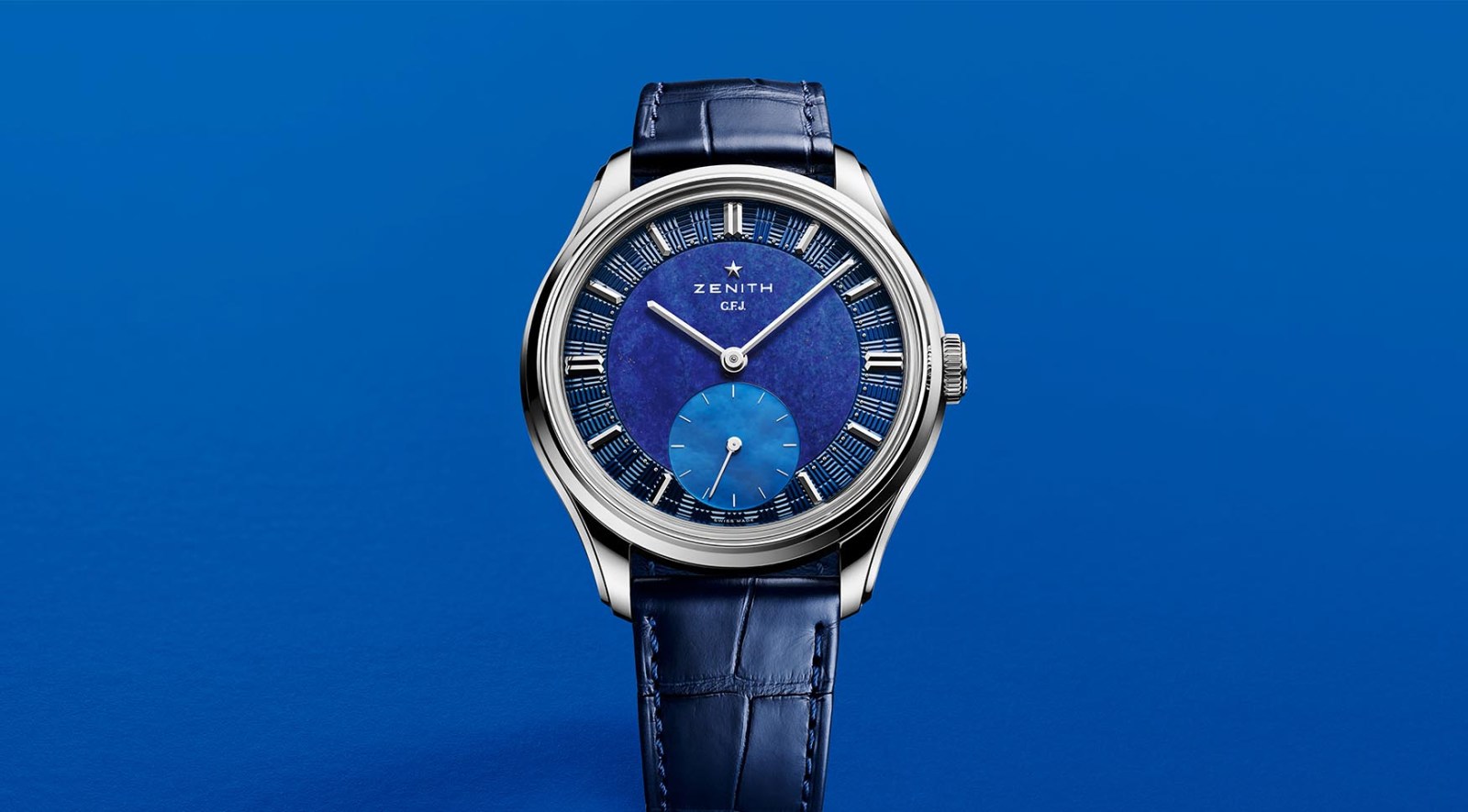The Met Gala has grown from a simple fundraiser to one of the most exclusive and expensive red-carpet events of the year built around a theme—this year it’s the late designer Karl Lagerfeld—that informs an exhibit at the Metropolitan Museum.
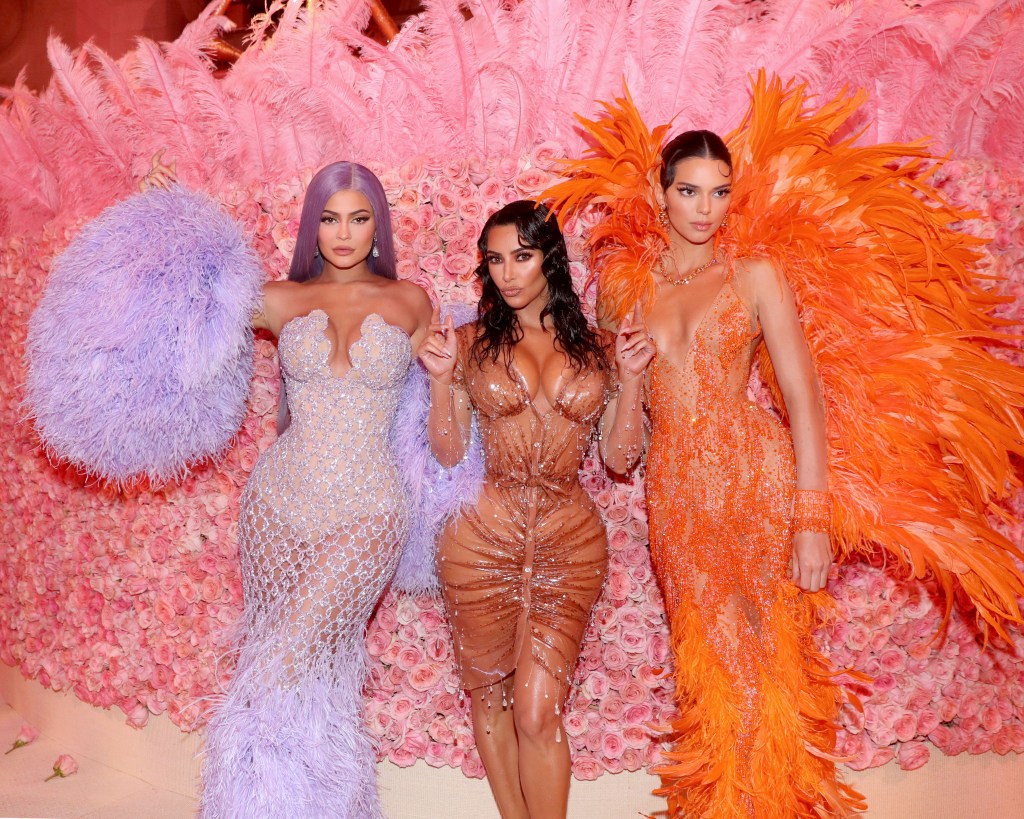
Key Facts
The themed gala, which occurs on the first Monday of every May, raises millions of dollars for the Metropolitan Museum of Art’s Costume Institute.
The gala’s theme—this year, it’s “Karl Lagerfeld: A Line of Beauty”—-is inspired by the Costume’s Institute’s major exhibition for the year, which is unveiled at the party.
Vogue editor-in-chief Anna Wintour, who’s been running the event since 1995, is joined by co-chairs actress Penélope Cruz (a fifth-year Chanel ambassador), pop star Dua Lipa and writer-actress Michaela Coel (who both appeared on Vogue covers in 2022) along with tennis great Roger Federer (a reportedly close friend of Wintour).
When Is The Met Gala? How Much Are Tickets? And Where To Watch It?
The event is Monday, May 1.
Each of the 400 or so invited guests must purchase a ticket for $50,000—tables cost at least $300,000 each.
The gala will be livestreamed by at 6:00 p.m. EST by Vogue. Tune in here or watch on their Instagram, Twitter, Facebook and YouTube pages.

Anna Wintour at the The 2022 Met Gala celebrating “In America: An Anthology of Fashion”. (Photo by Dimitrios Kambouris/Getty Images for The Met Museum/Vogue)
The Met Costume Institute And The History Of The Met Gala
The Met Gala started in 1948 as the Costume Institute Benefit, a so-called “midnight supper” led by publicist and fashion promoter Eleanor Lambert, who also invented New York Fashion Week. The event expanded into one of the most exclusive events of the year under the leadership of two Vogue editors-in-chief—Diana Vreeland from 1972 to 1989 and Anna Wintour, who took the role in 1995. Wintour is credited with turning the party into a who’s who of fashion and entertainment and even politics. The Costume’s Institute’s exhibitions are housed in the Met’s Anna Wintour Costume Center.
This Year’s Theme And How It Was Chosen
The Costume Institute’s yearly exhibit and corresponding gala theme is created by the institute’s chief curator Andrew Bolton and researched for years before being approved. Bolton tells Vogue France that he looks for topics that generate conversation and tries to switch between broad concepts and themes honoring specific people.
Once Bolton and his team dream up a concept, the theme must be approved by the director and president of the Metropolitan Museum of Art—Max Hollein and Daniel H. Weiss, respectively—and Wintour, a process that can take up to a year.
This year’s theme honors designer Karl Lagerfeld, who spent five decades in the fashion industry, designing for brands like Chanel and Fenti before his death in 2019. Attendees have been instructed to dress “in honor of Karl,” which could mean anything from wearing brands he worked with—including his eponymous label “Lagerfeld”—-to mimicking his iconic personal style.

Karl Lagerfeld at the Chanel Haute Couture Fall/Winter 2011/2012 show at Paris fashion week. (Photo by Pascal Le Segretain/Getty Images)
Surprising Fact
Experts expect some celebrities to reference Lagerfeld’s beloved Birman cat, Choupette, who is rumored to have received a large inheritance from Lagerfeld upon his death. Some guests might come with stuffed (or real) cats, while others might wear fabrics in “Choupette blue,” a color inspired by the cat’s eyes that Lagerfeld debuted during his time at Chanel.

Karl Lagerfeld stands next to a sketch of Choupette. (Photo by Jens Kalaene/picture alliance via Getty Images)
Notable Met Gala Looks From The Past
The Met Galas past themes—a two-part look at American fashion entitled “In America: An Anthology of Fashion” and “In America: A Lexicon of Fashion” in 2022 and 2021, respectively, an exploration of the dramatic in 2019’s “Camp: Notes on Fashion,’ and 2018’s “Heavenly Bodies: Fashion and the Catholic Imagination,” to name a few—have yielded hundreds of iconic looks. Here are some of the looks counted among Vogue’s 130 most memorable styles.

Sarah Jessica Parker wearing Alexander McQueen for the 2006 Met Gala theme “AngloMania: Tradition and Transgression in British Fashion”. (Photo by Evan Agostini/Getty Images)

Kate Moss wearing Marc Jacobs for the 2009 Met Gala themed “The Model as Muse: Embodying Fashion”. (Photo by Larry Busacca/Getty Images)

Erykah Badu wearing Givenchy for “Charles James: Beyond Fashion” Met Gala in 2014. (Photo by Dimitrios Kambouris/Getty Images)

Rihanna wearing Guo Pei in 2015 for the “China: Through The Looking Glass” theme. (Photo by Larry Busacca/Getty Images)

Rihanna attends the “Heavenly Bodies: Fashion & The Catholic Imagination” Met Gala in 2018 wearing Maison Margiela Artisanal. (Photo by Kevin Mazur/MG18/Getty Images for The Met Museum/Vogue)

Cardi B. attends the 2019 “Camp: Notes on Fashion” Met Gala wearing Thom Browne. (Photo by Taylor Hill/FilmMagic)
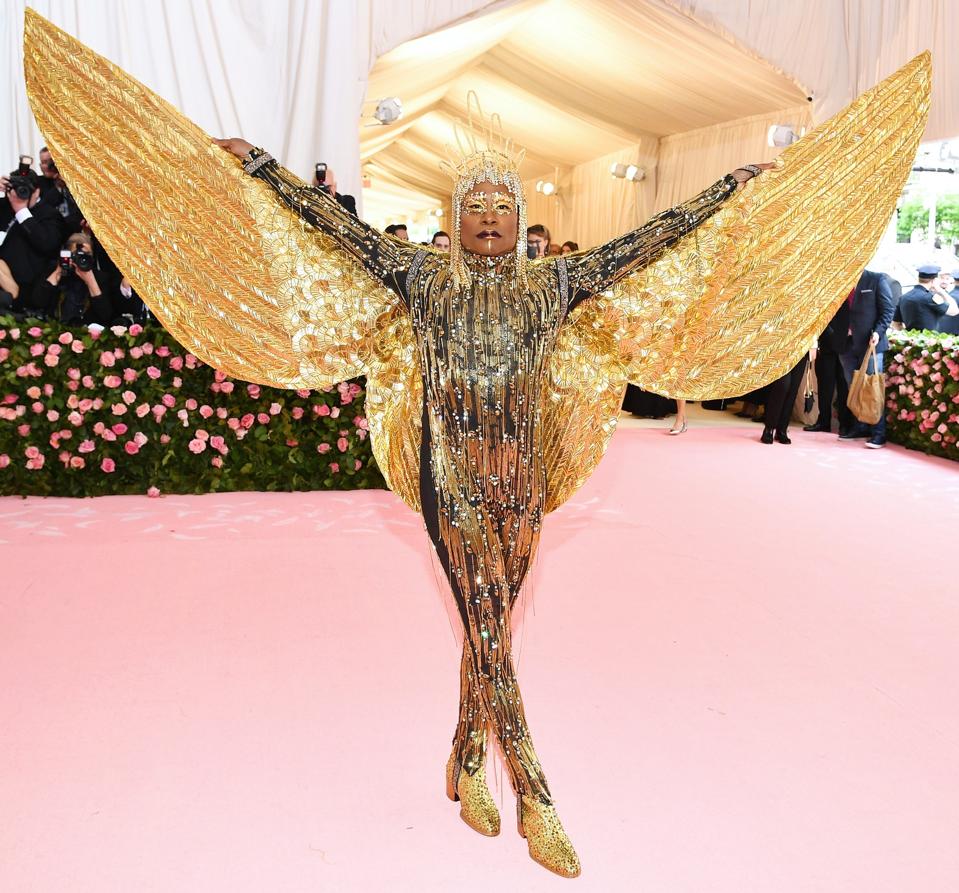
NEW YORK, NEW YORK – MAY 06: Billy Porter attends the 2019 “Camp: Notes on Fashion” Met Gala wearing The Blondes. (Photo by Dimitrios Kambouris/Getty Images for The Met Museum/Vogue)

Lady Gaga wearing Brandon Maxwell (in back) at 2019 Met Gala themed “Camp: Notes on Fashion”. (Photo by Jamie McCarthy/Getty Images)

Kim Kardashian at the 2022 Costume Institute Benefit themed “In America: An Anthology of Fashion wearing Marilyn Monroe’s “Happy Birthday, Mr. President” dress. (Photo by Sean Zanni/Patrick McMullan via Getty Images)
Impact Of Met Gala On Fashion Trends
The gala is an advertising hub for brands in all kinds of industries. Though celebrities often don elaborate and inaccessible outfits, marketers say the gala can boost sales for fashion brands’ off-the-rack collections, which are often the businesses’ main money-makers. Conversely, appearing at the Met Gala can heighten the image of traditionally less-exclusive brands like H&M. Fashion brands aren’t the only ones to get boosts— sponsors like Apple benefit from the event’s publicity, too.
This story was first published on forbes.com and all figures are in USD.
Forbes Australia issue no.4 is out now. Tap here to secure your copy or become a member here.
Look back on the week that was with hand-picked articles from Australia and around the world. Sign up to the Forbes Australia newsletter here.
